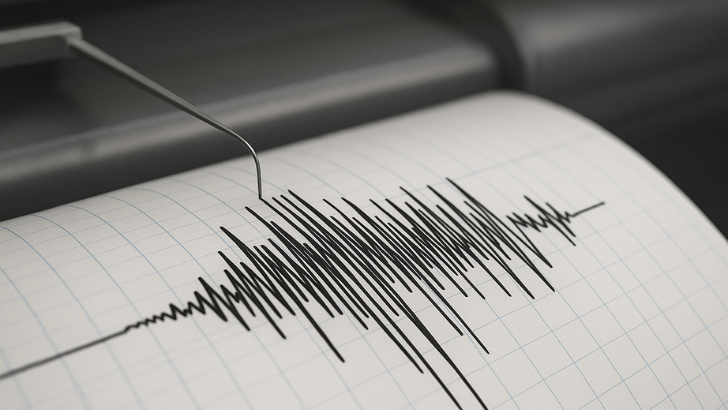South Korea's Oppn submits motion to impeach Prez over martial law
Impeaching Yoon would require the support of two-thirds of parliament for the motion and then the backing of at least six Constitutional Court justices
PTI/AP
-
A National Assembly staff sprays fire extinguishers to block soldiers entering the main hall of the National Assembly in Seoul on Wednesday. PHOTO: AP/PTI
Seoul (South Korea), 4 Dec
South Korea's opposition parties on
Wednesday submitted a motion to impeach President Yoon Suk Yeol, who is facing
pressure to leave office hours after he ended a short-lived martial law that
prompted troops to encircle parliament before lawmakers voted to lift it.
Impeaching Yoon would require the
support of two-thirds of parliament for the motion and then the backing of at
least six Constitutional Court justices. The motion, submitted jointly by the
main opposition Democratic Party and five smaller opposition parties, could be
put to a vote as early as Friday.
Yoon's senior advisers and
secretaries offered to resign collectively and his Cabinet members, including
Defense Minister Kim Yong Hyun, were also facing calls to step down, as the
nation struggled to make sense of what appeared to be a poorly-thought-out
stunt.
In the capital, tourists and
residents walked around, traffic and construction were heard, and other than
crowds of police holding shields, it seemed like a normal sunny, cold December morning.
On Tuesday night, Yoon abruptly
imposed the emergency martial law, vowing to eliminate “anti-state” forces
after he struggled to push forward his agenda in the opposition-dominated
parliament. But his martial law was effective for only about six hours, as the
National Assembly voted to overrule the president.
The declaration was formally lifted
around 4:30 am during a Cabinet meeting. The liberal opposition Democratic
Party, which holds a majority in the 300-seat parliament, said Wednesday that
its lawmakers decided to call on Yoon to quit immediately or they would take
steps to impeach him.
“President Yoon Suk Yeol's martial
law declaration was a clear violation of the constitution. It didn't abide by
any requirements to declare it,” the Democratic Party said in a statement. “His
martial law declaration was originally invalid and a grave violation of the
constitution. It was a grave act of rebellion and provides perfect grounds for
his impeachment.”
Impeaching him would require
support from two-thirds of the parliament, or 200 of its 300 members. The
Democratic Party and other small opposition parties together have 192 seats.
But when the parliament rejected Yoon's martial law declaration in a 190-0
vote, 18 lawmakers from Yoon's ruling People Power Party cast ballots
supporting the rejection, according to National Assembly officials.
The leader of the People Power
Party, Han Dong-hun, who has long ties with Yoon dating to their days as
prosecutors, criticized Yoon's martial law declaration as “unconstitutional.”
If Yoon is impeached, he'll be stripped of his constitutional powers until the
Constitutional Court can rule on his fate.
Prime Minister Han Duck-soo, the No
2 position in the South Korean government, would take over his presidential
responsibilities. As calls mounted for Yoon's Cabinet to resign, Han issued a
public message pleading for patience and calling for Cabinet members to
“fulfill your duties even after this moment.”
At least six of the Constitutional
Court's nine justices need to support the motion filed by lawmakers for Yoon to
be removed from office. But the court currently has only six justices following
the retirements of three justices, which is one below the minimum seven needed
to handle a presidential impeachment case, requiring lawmakers to speed up the
process of naming new justices.
Yoon's martial law declaration, the
first of its kind in more than 40 years, harkened to South Korea's past
military-backed governments when authorities occasionally proclaimed martial
law and other decrees that allowed them to station combat soldiers, tanks and
armoured vehicles on streets or at public places like schools to prevent
anti-government demonstrations.
Such scenes of military
intervention had not been seen since South Korea achieved a genuine democracy
in the late 1980s until Tuesday night.
After Yoon's declaration, troops
carrying full battle gear, including assault rifles, tried to keep protesters
away from the National Assembly as military helicopters flew overhead and
landed nearby. One soldier pointed his assault rifle at a woman who was among
protesters outside the building demanding that the martial law be lifted.
It wasn't clear how the 190
lawmakers were able to enter a parliamentary hall to vote down Yoon's martial
law decree. Opposition leader Lee Jae-myung livestreamed himself climbing over
the wall, and while troops and police officers blocked some from entering they
didn't aggressively restrain or use force against others.
No major violence has been
reported. The troops and police personnel were later seen leaving the grounds
of the National Assembly after the parliamentary vote to lift the martial law.
National Assembly Speaker Woo Won Shik said: “Even with our unfortunate
memories of military coups, our citizens have surely observed the events of
today and saw the maturity of our military.”
Leave a Reply
Your email address will not be published. Required fields are marked *








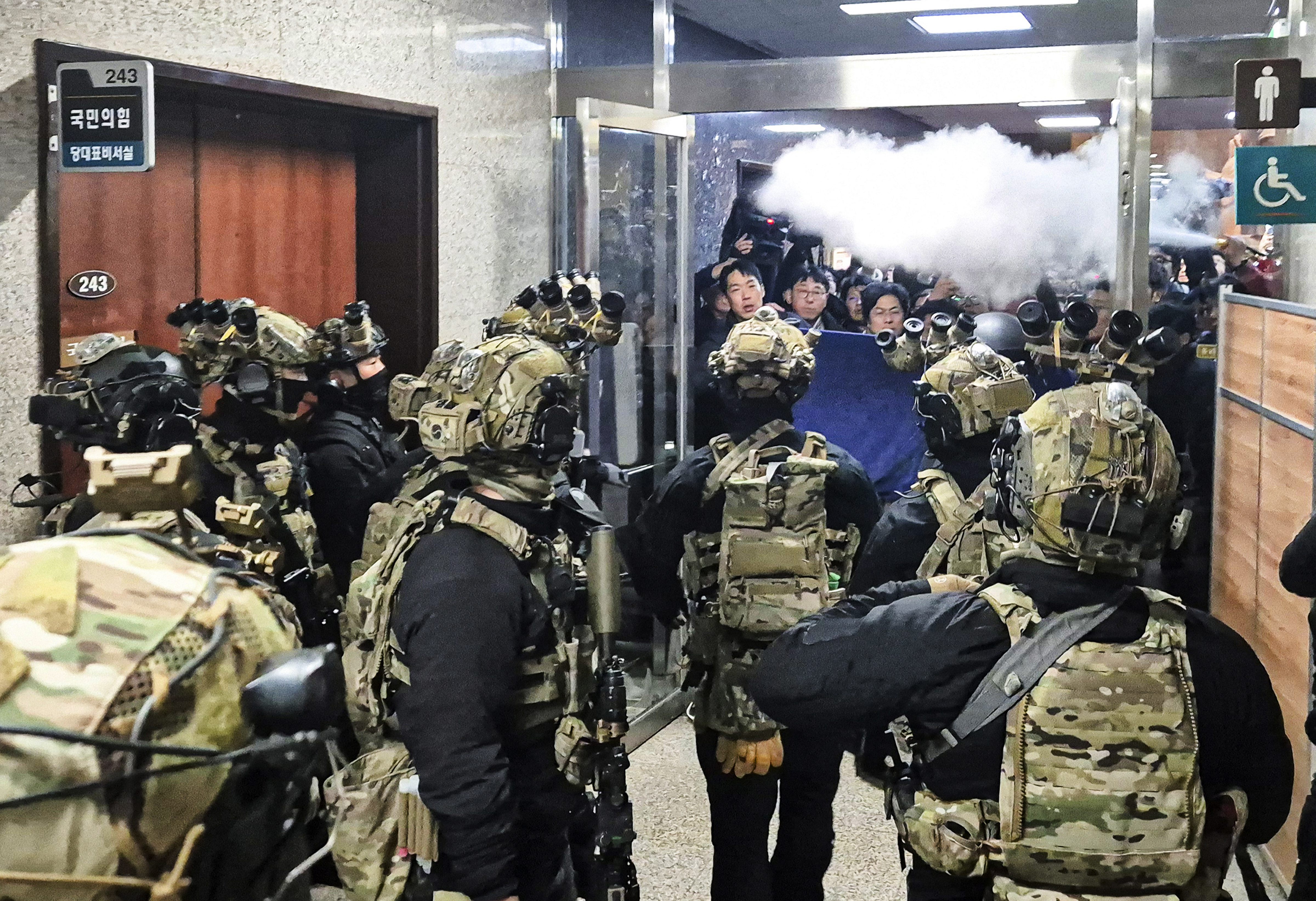

.jpeg)
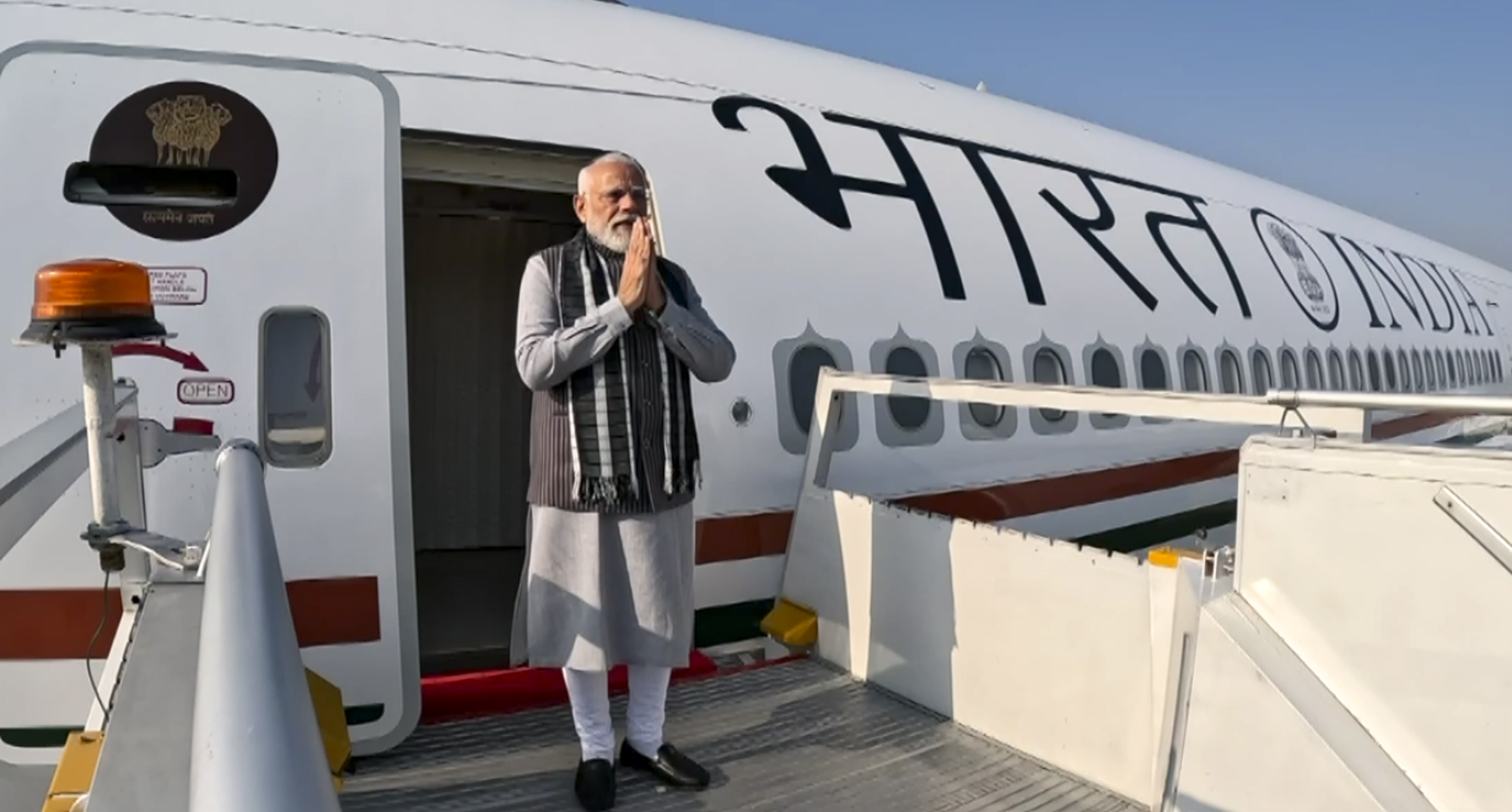
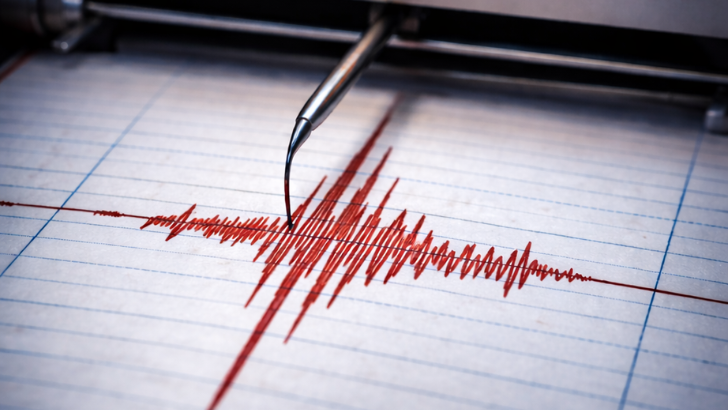
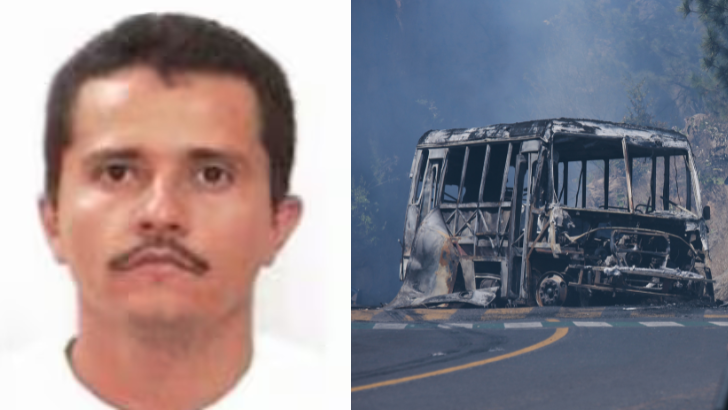
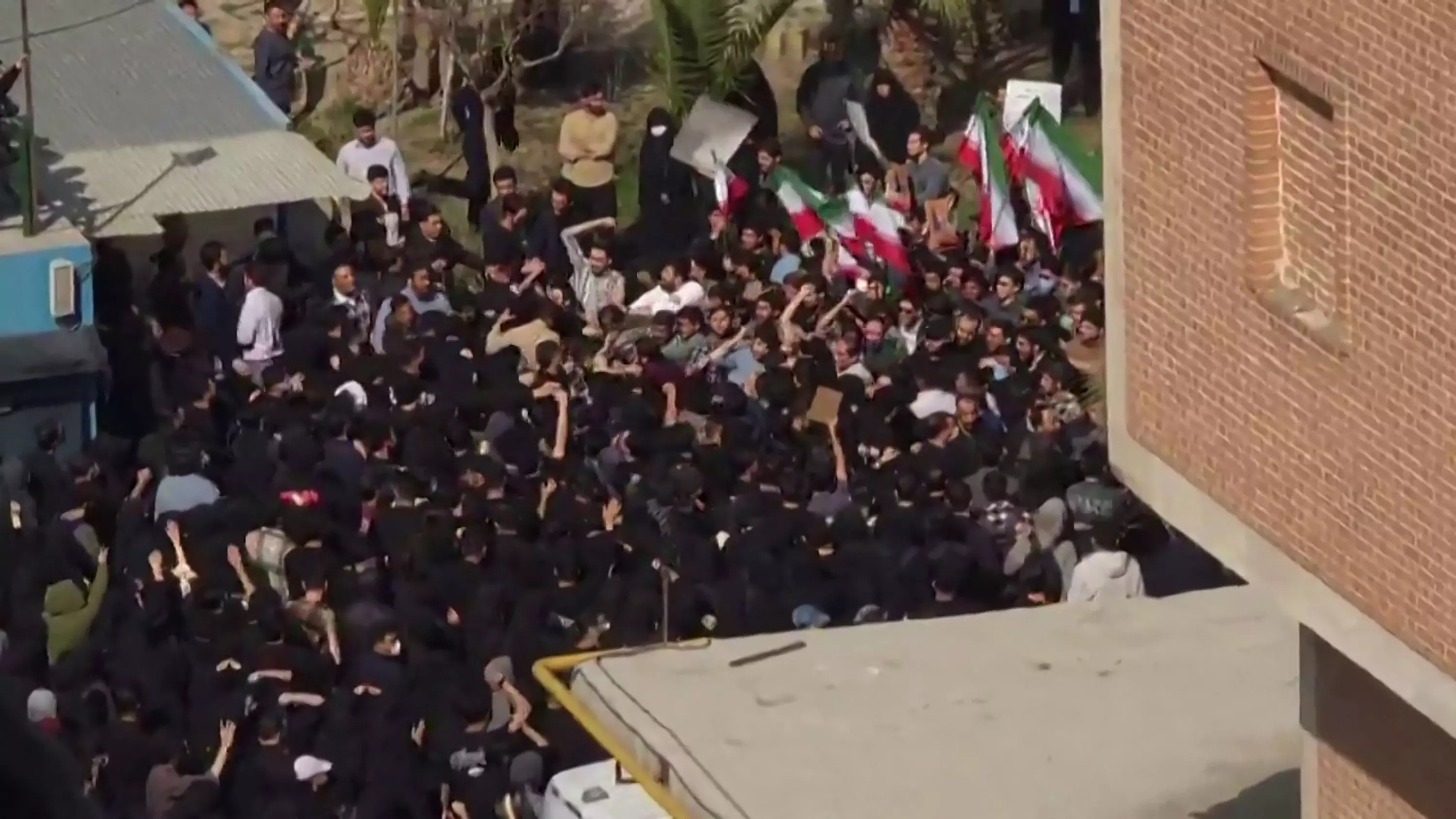
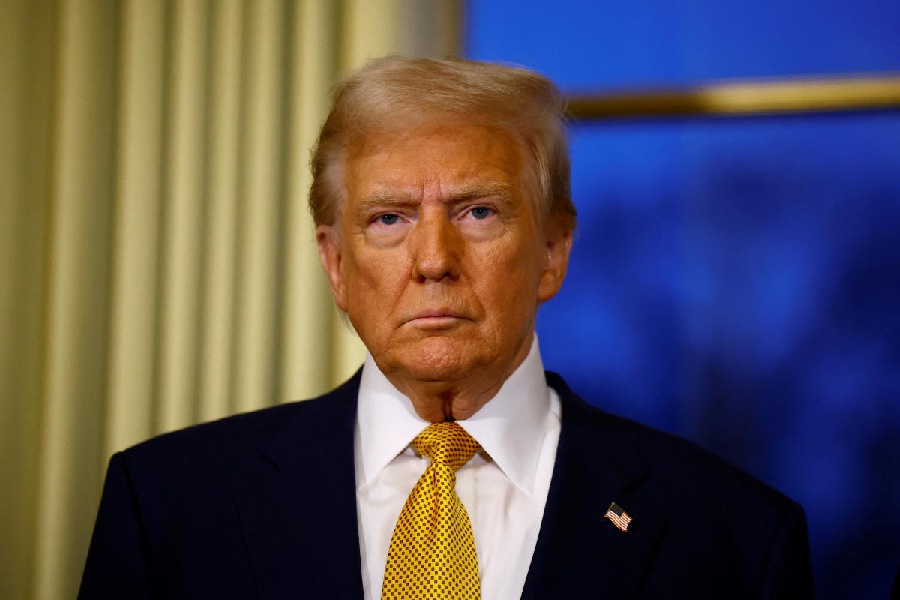
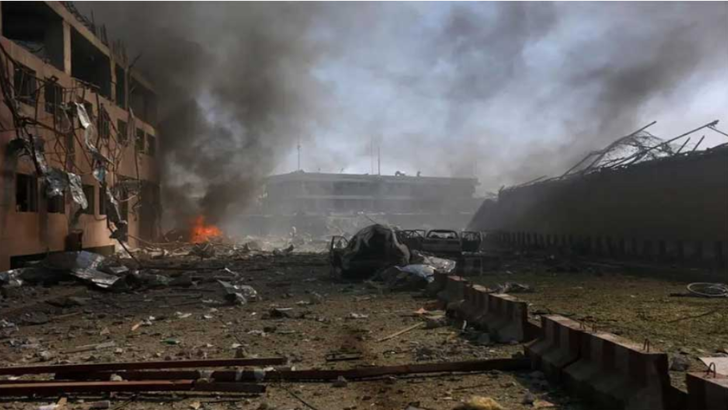
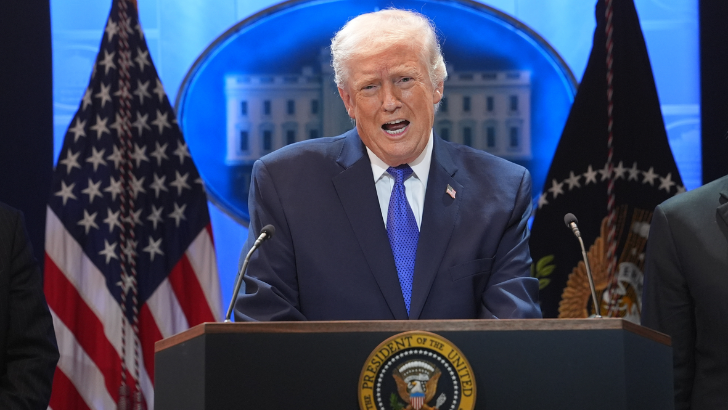
.png)
